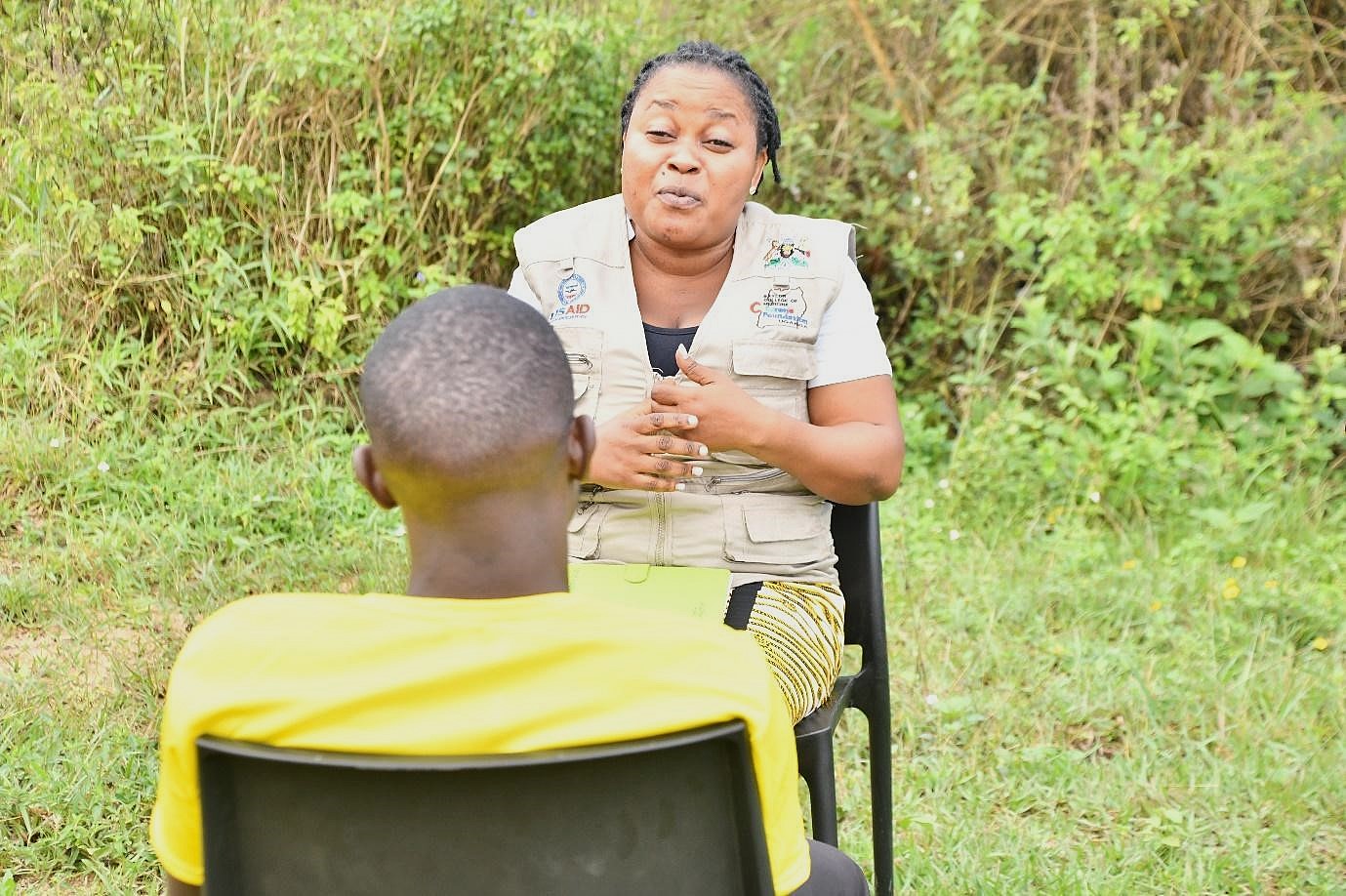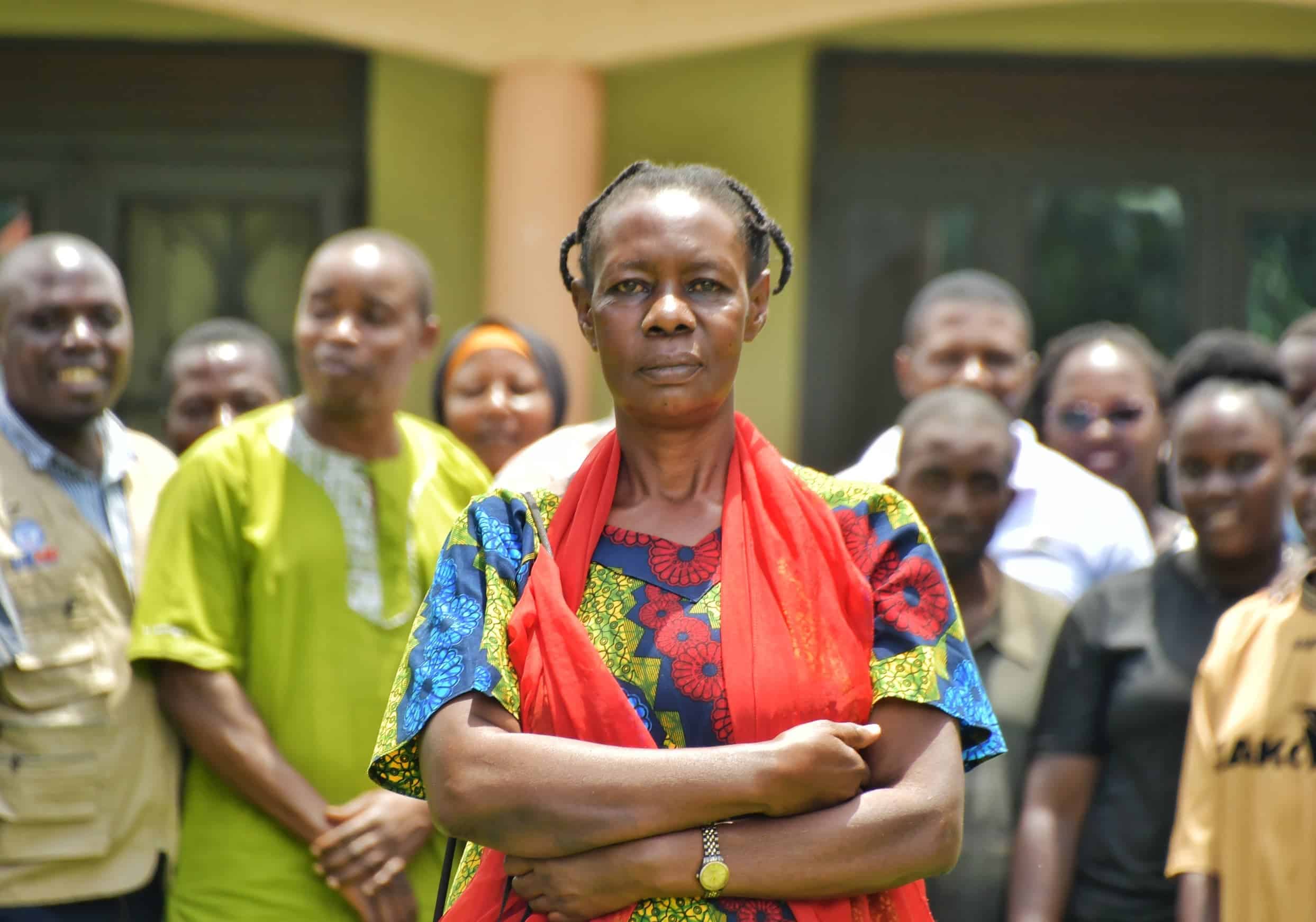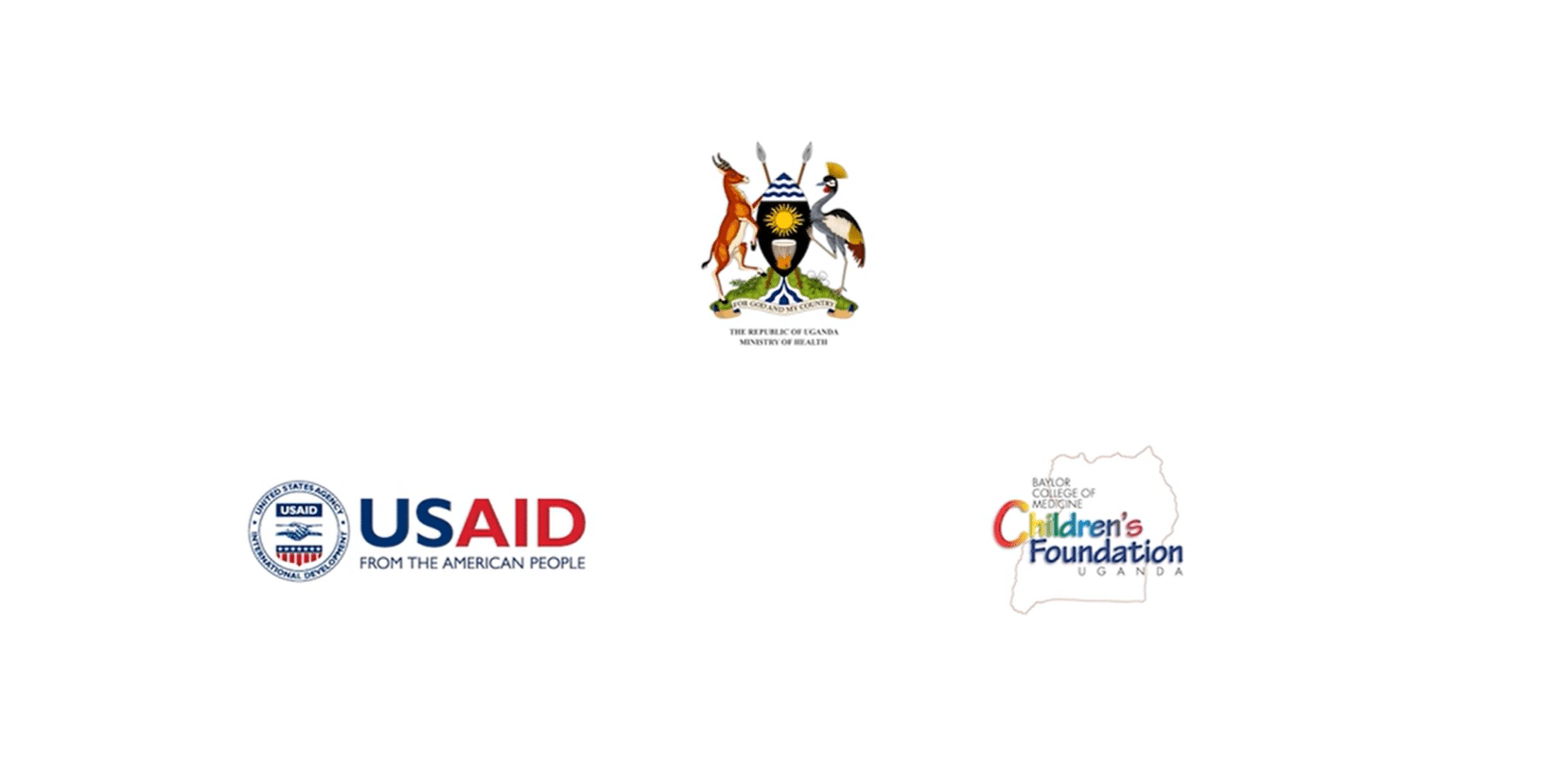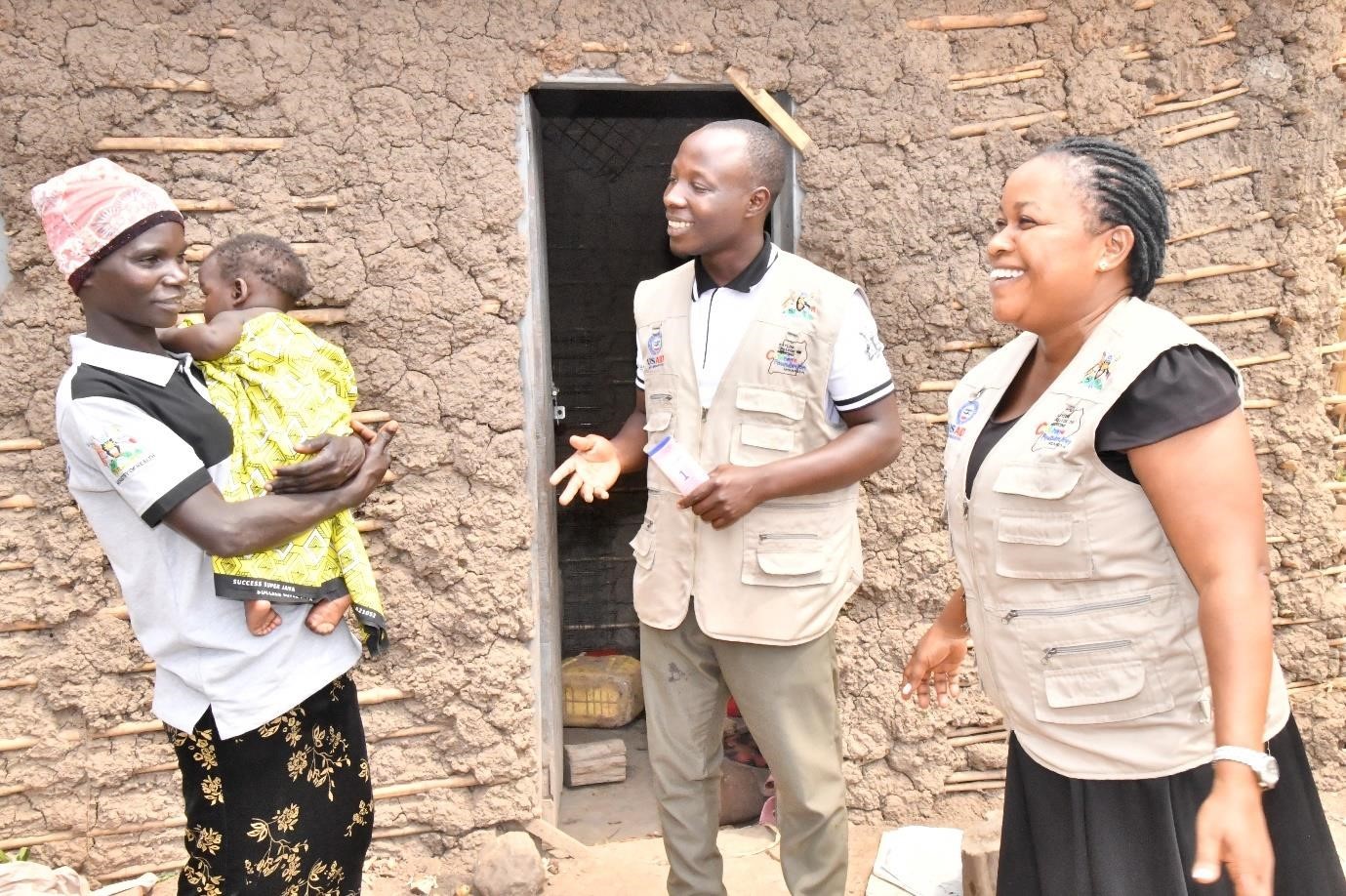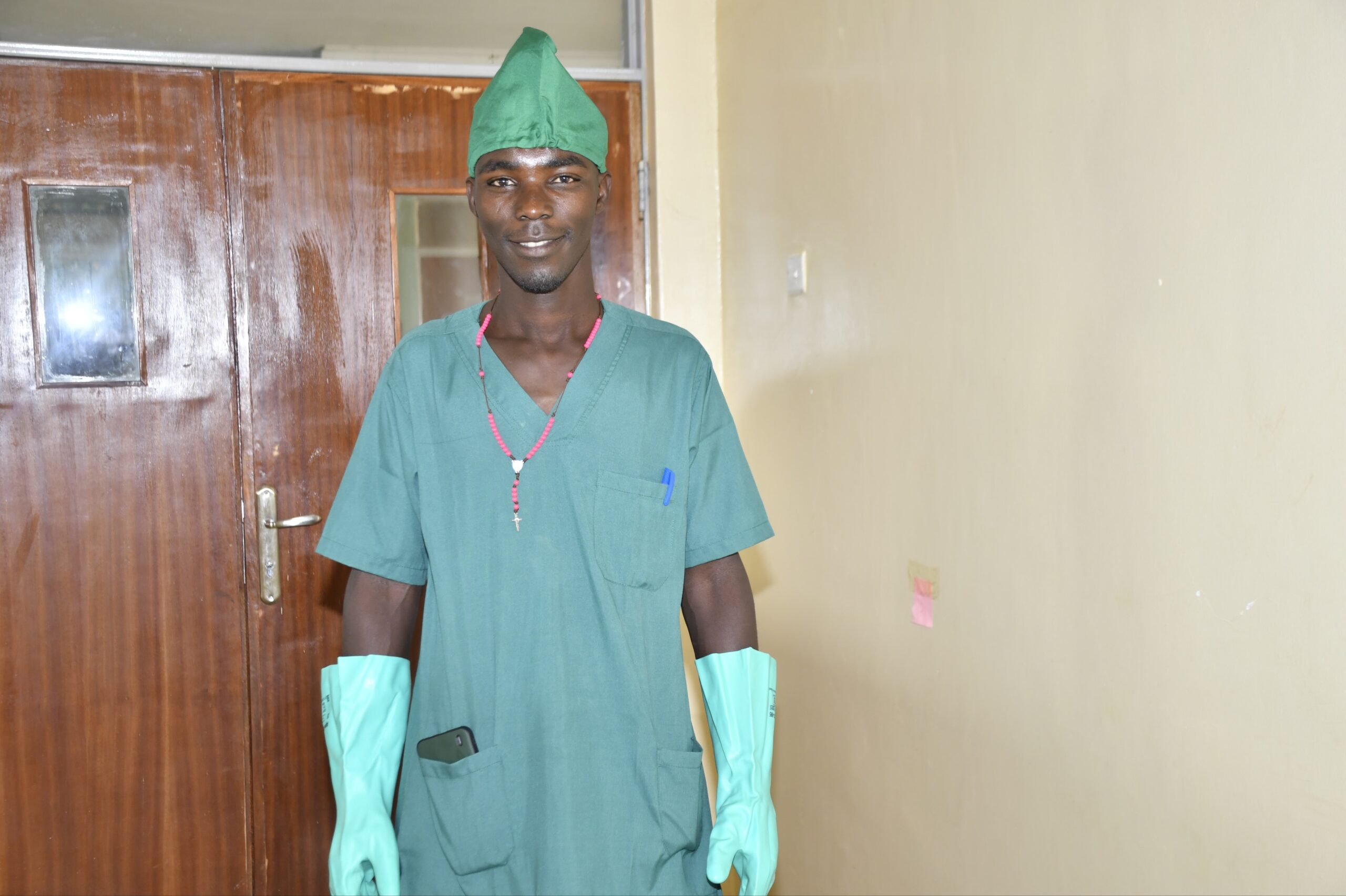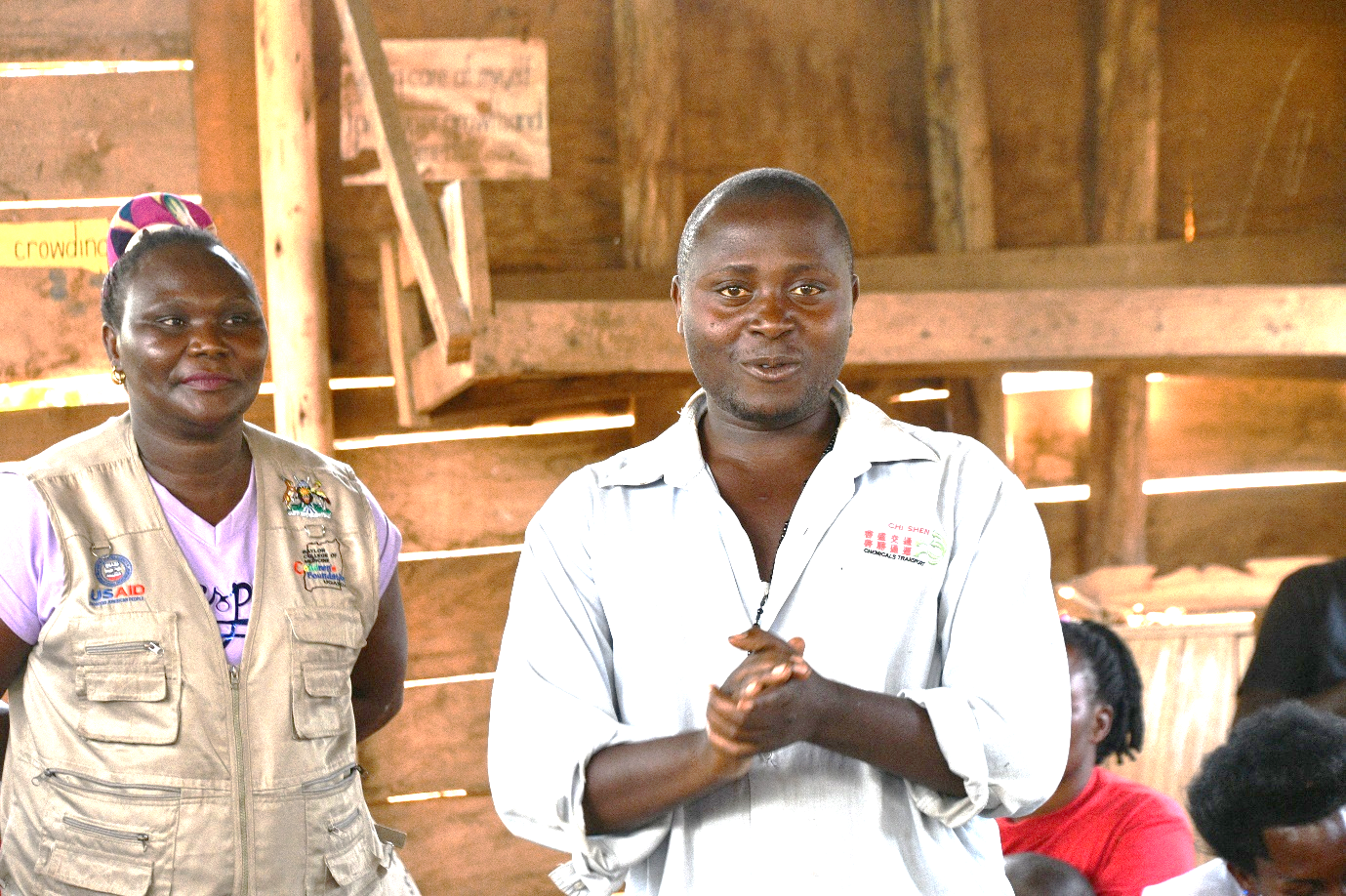Kamadah Kasule, a 27-year-old married father of four children, contracted the virus from his bleeding tenant Matovu while attempting to transport him to hospital on his motorcycle. “He refused to go to hospital so I carried him back to his house. That evening, an ambulance showed up and I never saw him again,” reflects Edward. Unfortunately, Matovu died at Mubende Regional Referral Hospital (RRH). The following day, the Ebola surveillance team arrived in Kalwana subcounty in Kassanda district to identify the deceased’s contacts, and Kasule was one of them.
Three days after Matovu’s death, Kasule got a fever, a headache, and joint pains. He was immediately transported to Mubende RRH, where he was diagnosed with the Ebola virus disease (EVD). He received immediate medical attention and after 14 days, he was in disbelief that he had been discharged. He was equally relieved to leave the hospital where he had witnessed numerous deaths, including those of his close friends. His situation however did not improve when he returned home.
“I was fired from my job. In the community, my close friends shunned me. My life became difficult,” Kasule admits. With his wife and children out of town, Kasule sought solace in the love and acceptance of his parents, who welcomed him into their home with open arms. However, his parents found themselves helpless as they witnessed their son struggling to cope with his emotional struggles.
Faith Kakai, a mental health and psychosocial support counsellor working with the National Ebola Survivors’ Program describes Kasule’s situation. “When we went to check on Kasule, we found him locked in his room and unwilling to see anyone,” she says. Kasule recalls that the team encouraged him to come out of the house and to take walks. By encouraging him to take walks, the team was helping Kasule to overcome his fears and begin the healing process.
Surprisingly, when the other 30 survivors also got discharged from the hospital, he encouraged them to walk. Walking together not only provided physical exercise, but also a sense of community and support to the survivors, leading to the formation of the Kalwana Ebola Survivors’ Association that became a beacon of hope for survivors who had been rejected by their communities. With continuous counselling of individuals and group members coupled with community sensitization meetings held to dispel myths and misconceptions about Ebola survivors, Kasule was able to overcome depression, withdrawal, loneliness, anxiety, suicidal thoughts, anger, and sadness. This support has not only helped survivors like Kasule feel more accepted but has also encouraged them to provide peer counseling support to fellow survivors, helping them navigate the challenges of recovery.
The National Ebola Survivors Program was established by the Ministry of Health with Baylor-Uganda and USAID funding. The program has had a profound impact on the lives of 87 Ebola survivors through the provision of psychosocial support that has empowered them to reintegrate into their communities with dignity and respect. “The program staff’s sensitization meetings have changed community members’ negative perceptions of us. They no longer run from us”, says a now contented Kasule.
